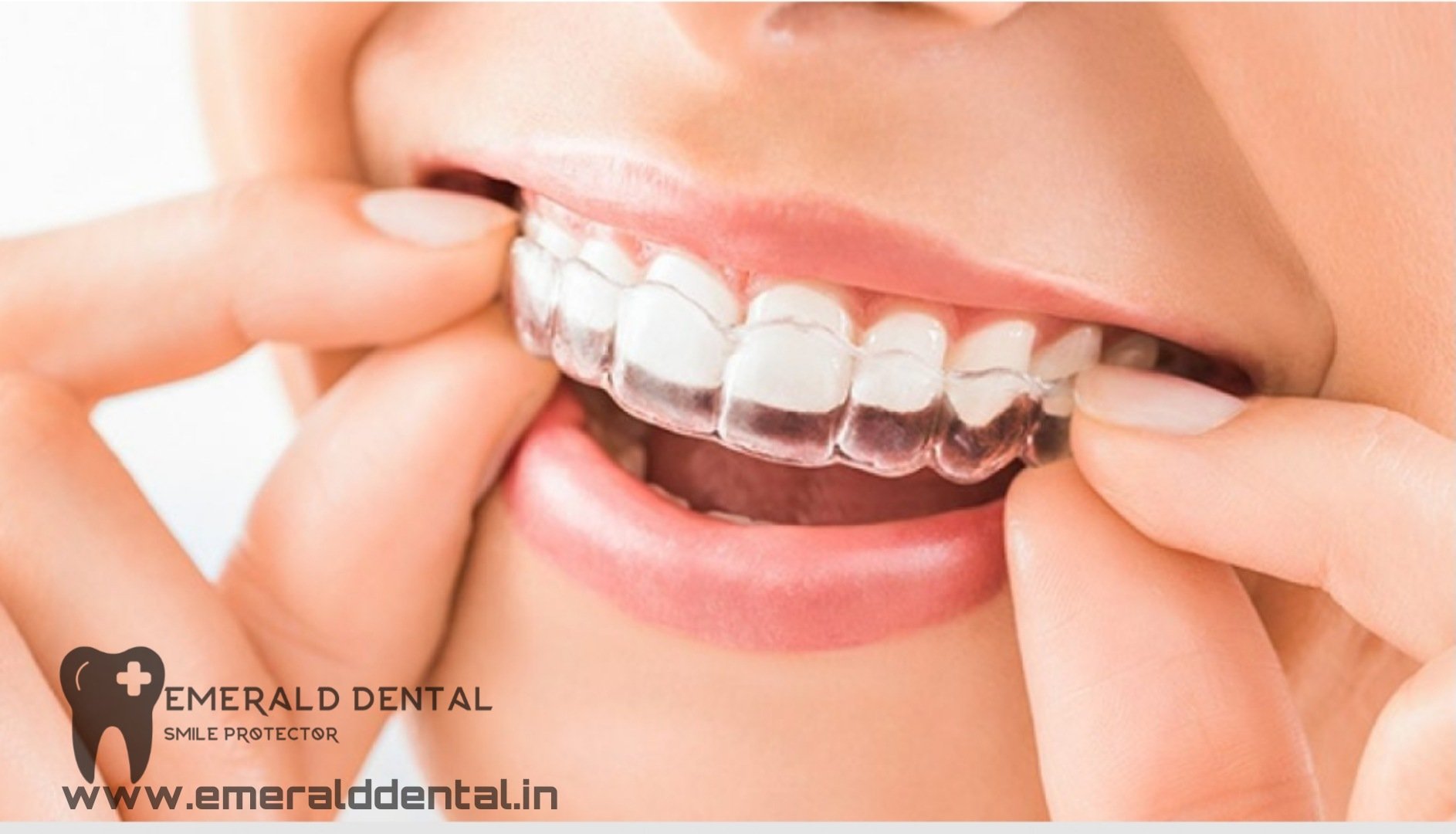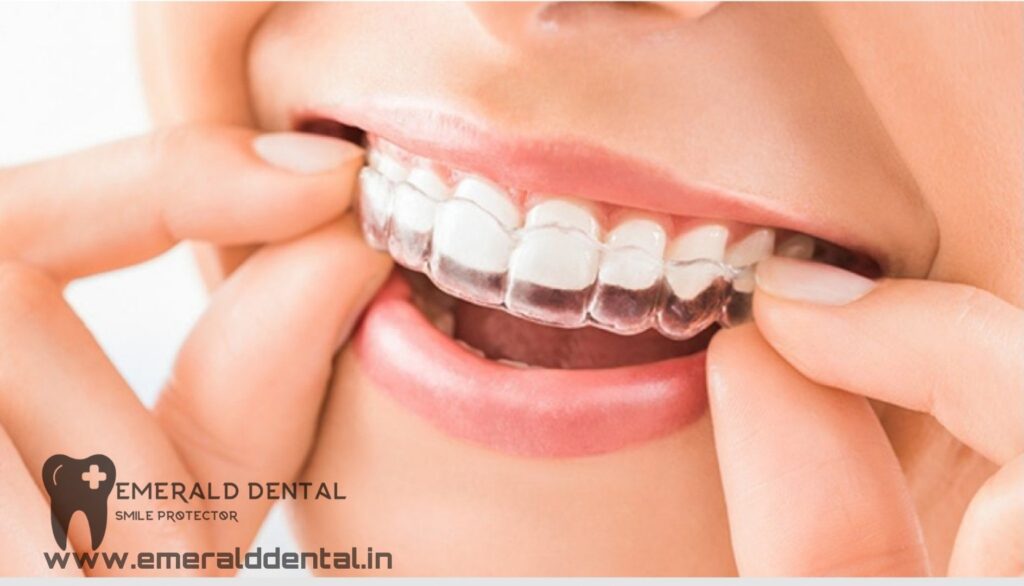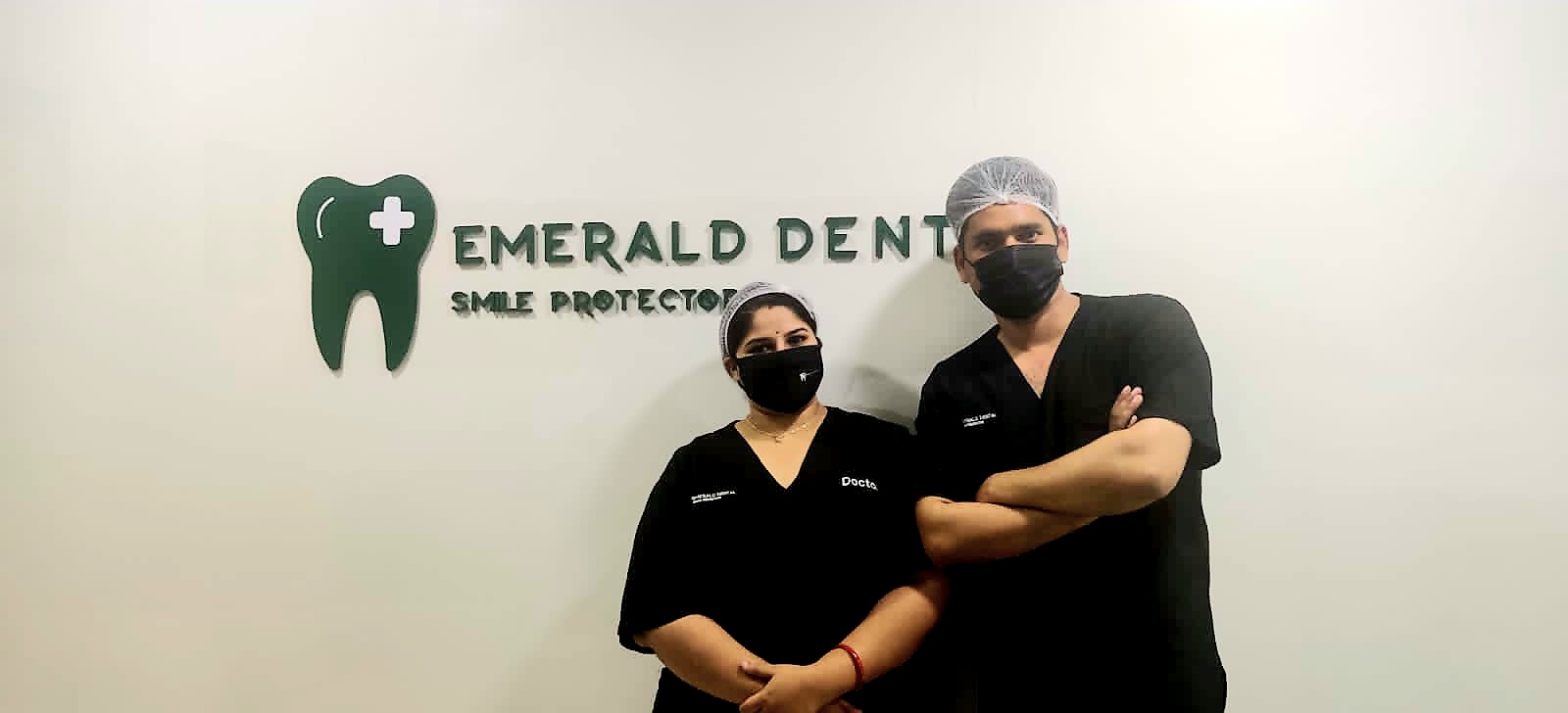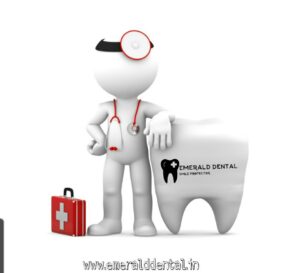

Bruxism is the medical term for forceful clenching and/or grinding of your teeth. It is considered a major cause of tooth problems. Some patients will say that they notice signs of wear, but it is not just a cosmetic problem (although worn down teeth can age you as bad if not worse than wrinkled skin).
The action of grinding- where your upper and lower teeth move back and forth with great force against each other- causes your teeth to flatten. Allowed to persist, grinding causes temperature sensitivity, pain because the wear gets down to the nerve, cracks in the teeth, receding gums and eventually lost teeth. To fix these, patients will need crowns, bridges, veneers, implants, extractions, & root canals. Grinding can also cause migraine headaches and pain in the shoulders, neck, back and ears.
There Has to be a Way to Stop Grinding Instead of Wearing a Night Guard
Unfortunately, there really is no “cure” for bruxism. According to The Bruxism Association based in the UK, although other treatments such as biofeedback hypnosis, and even botox has been tried to help with teeth grinding, research has shown the most effective treatment to date to be night guards.
WHEN IS IT SAFE TO STOP WEARING A NIGHT GUARD?
A night guard is an oral appliance that is designed to protect your teeth from the damaging effects of bruxism’s characteristic nighttime teeth grinding. If you’ve been advised to wear a night guard, two things need to be true before you can safely shelve the device:
The tooth grinding and jaw clenching have stopped.The stress in your life when your bruxism began is no longer an issue.
Dr. Tanya Sahay: Bruxism is the (usually unconscious) habit of grinding your teeth, particularly at night. Up to 31% of women and men engage in some form of bruxism, according to the Journal of Oral & Facial Pain and Headache. Some reasons you grind your teeth could include:
You’re a smoker
You drink a lot of alcohol
You’re stressed out
You have sleep apnea
You have an underlying medical condition
Genetics
Type-A personality
Your bite is misaligned
Tooth grinding wears down the enamel on your teeth, which makes them weaker and more susceptible to damage. Sometimes, you grind your molars with such persistence that the chewing area smoothes out to a flat surface.
What are some of the advantages of wearing a night guard?
A night guard may not sound like a pretty concept for a first-time user. However, putting it on might have more advantages for your situation than you may think. Here are some of them:
1. It reduces tension and pain in the jaws
The contact between your top and lower teeth can cause some tension on your jaws. It might explain why you get up in the middle of the night with a sore jaw. If your jaws are always painful in the morning, consider visiting your dentists for dental exams and cleaning. From the visit, a recommendation to wear a night guard can help reduce the tension and pain in the jaws.
2. It prevents tooth damage
You know how the teeth grind uncomfortably unintentionally? During sleep, teeth grinding can happen due to the contact of your upper and lower teeth. For most patients, they are not even aware of teeth grinding at night.
The problem with teeth grinding is that it loses the enamel of teeth. With time, you will experience a lot of sensitivity in your teeth. If the grinding is too much, you can even crack or chip your teeth. Besides, you do not want to live with the possibility of damaged teeth fillings due to grinding of the teeth. A night guard might be your only solution out of this.
3. It helps prevent headaches
The tension in the jaws can go a long way in making your life uncomfortable. It is not just the pain in the bone structure and jawline of your mouth that is affected. Without a night guard, you have to deal with muscle fatigues, neck pains, jaw aches, and even earaches. This is a result of excessive teeth grinding. In time, it is not uncommon for such patients to complain of headaches. When parts of your face are under tension or in pain, it is natural for you to experience headaches.
4. It allows for healthy sleep patterns
Most patients that require a night guard go through a lot of hassle trying to sleep. The lack of sleep by itself can have immense negative consequences on the overall health of the patient. Instead of staying up all night because of the discomfort in your teeth and jaw, a night guard is recommended. This way, your sleep can be sound and your mornings painless.
Besides, since sleep is meant to promote the relaxation of the body and the brain, a night guard promotes relaxation. This is possible by ensuring the muscles of the mouth are relaxed through the night.
5. It helps prevent snoring
Snoring can become very intense for people. If this becomes too common for patients, they end up suffering sleep apnea that is ruinous for healthy sleep patterns. By creating a space between your upper and lower teeth, a night guard allows for air in your airflow. This considerably reduces your snoring.
6. Can help with straightening your teeth
Even though a night guard is not the proper prescription for misaligned teeth, it can help align them. Ideally, a night guard is fitted to your dental formula. This means that with proper usage, a night guard can promote shifting of your teeth, although gradually.
HOW DO YOUFIND OUT IF YOU HAVE TO WEAR A NIGHT GUARD FOREVER?
You’ll need to wear your night guard for as long as you battle bruxism. To see if your bruxism has stopped, pay a visit to your regular dental office and bring your night guard.
The signs of bruxism can be subtle. Ask your dentist to examine your teeth and your night guard to see if your tooth grinding is still a problem. If they don’t see signs of active grinding but your life is particularly stressful right now, your dentist may tell you to keep wearing your night guard. Remember, stress and anxiety are strongly associated with bruxism.






